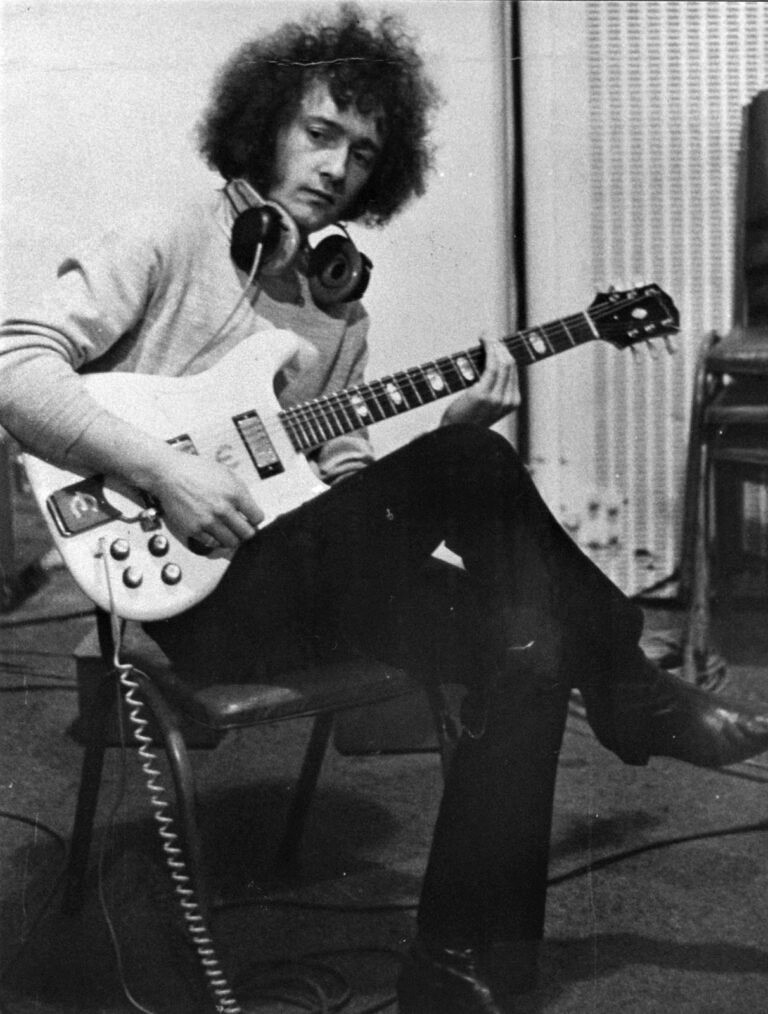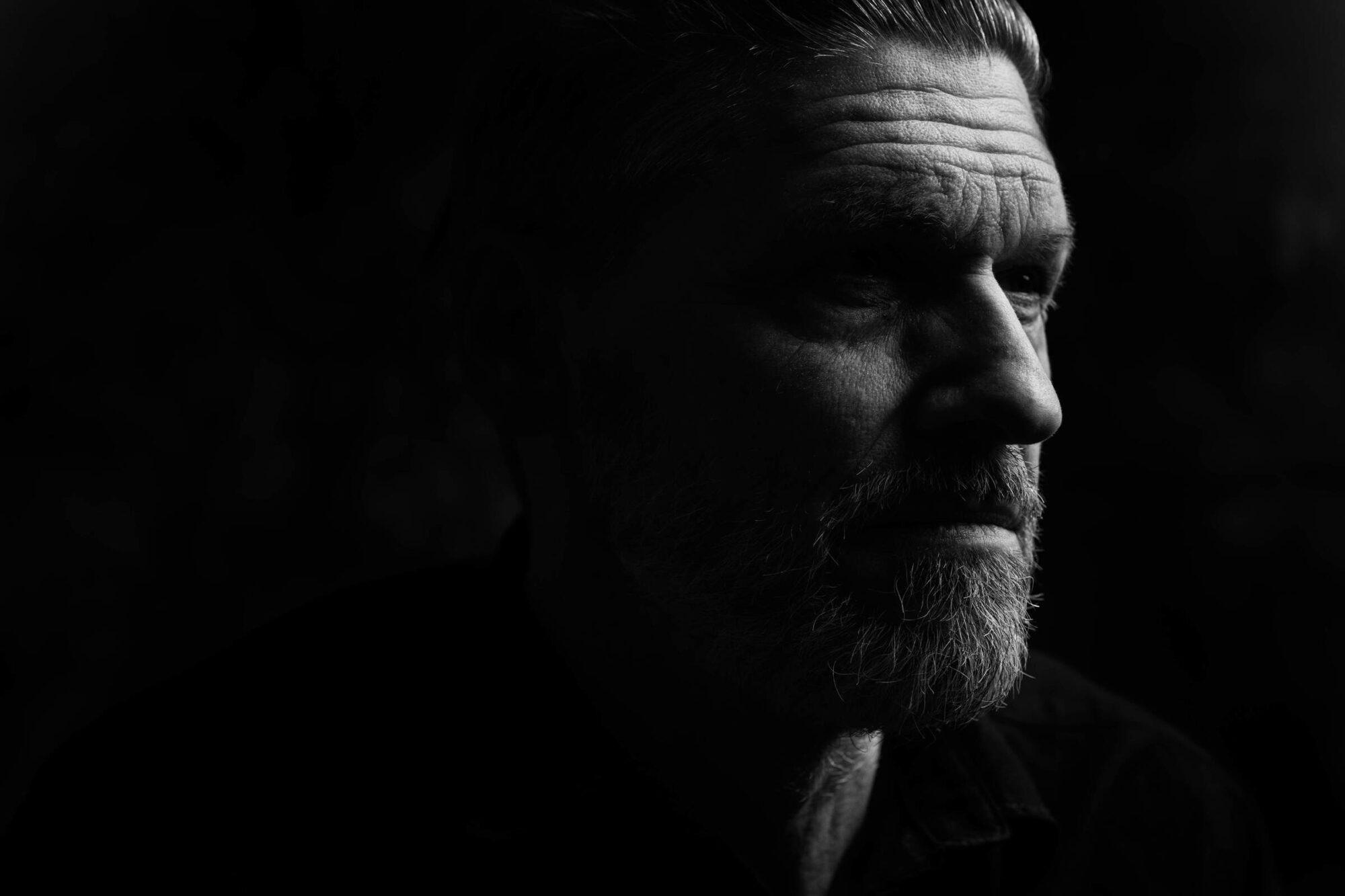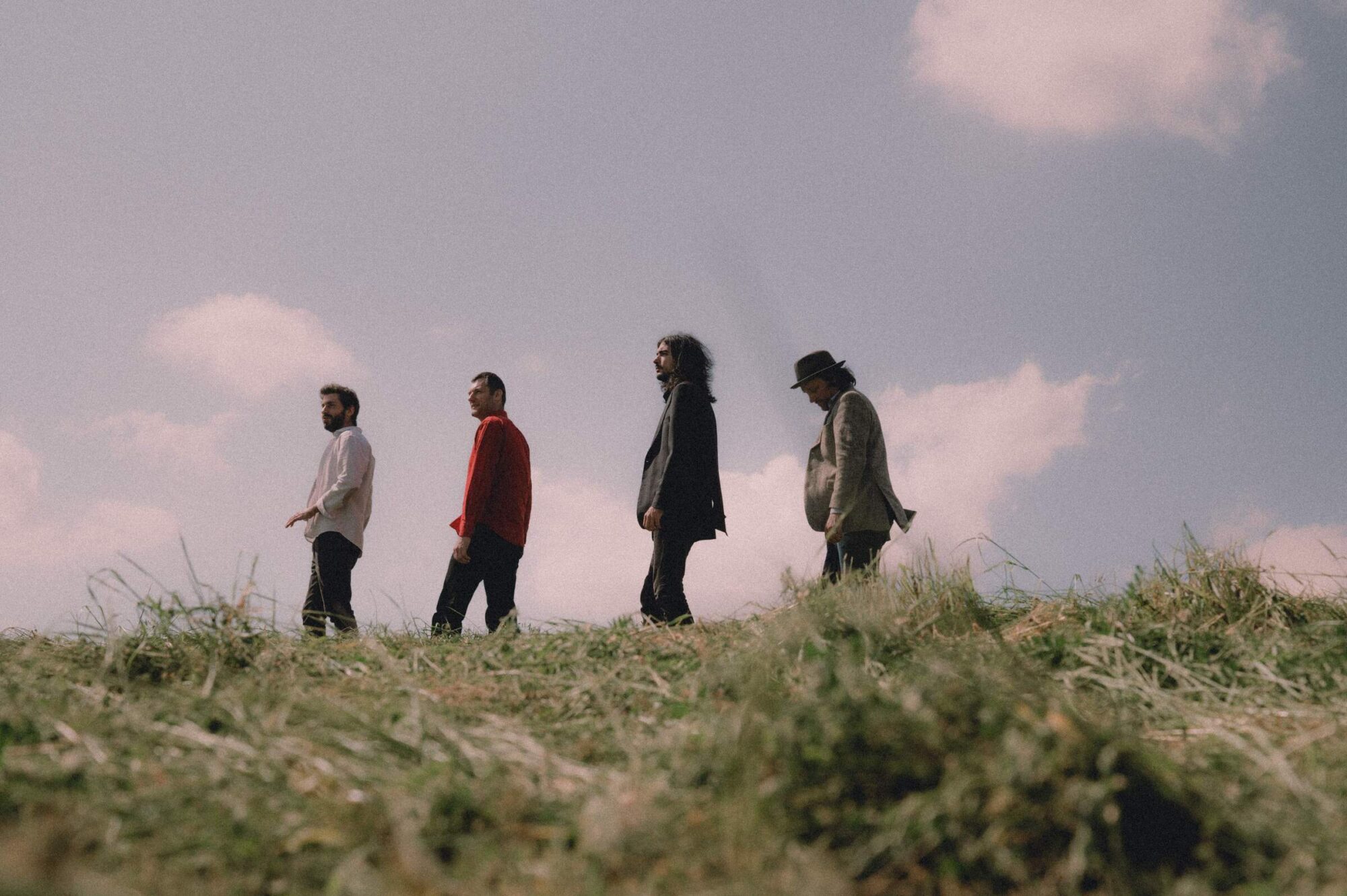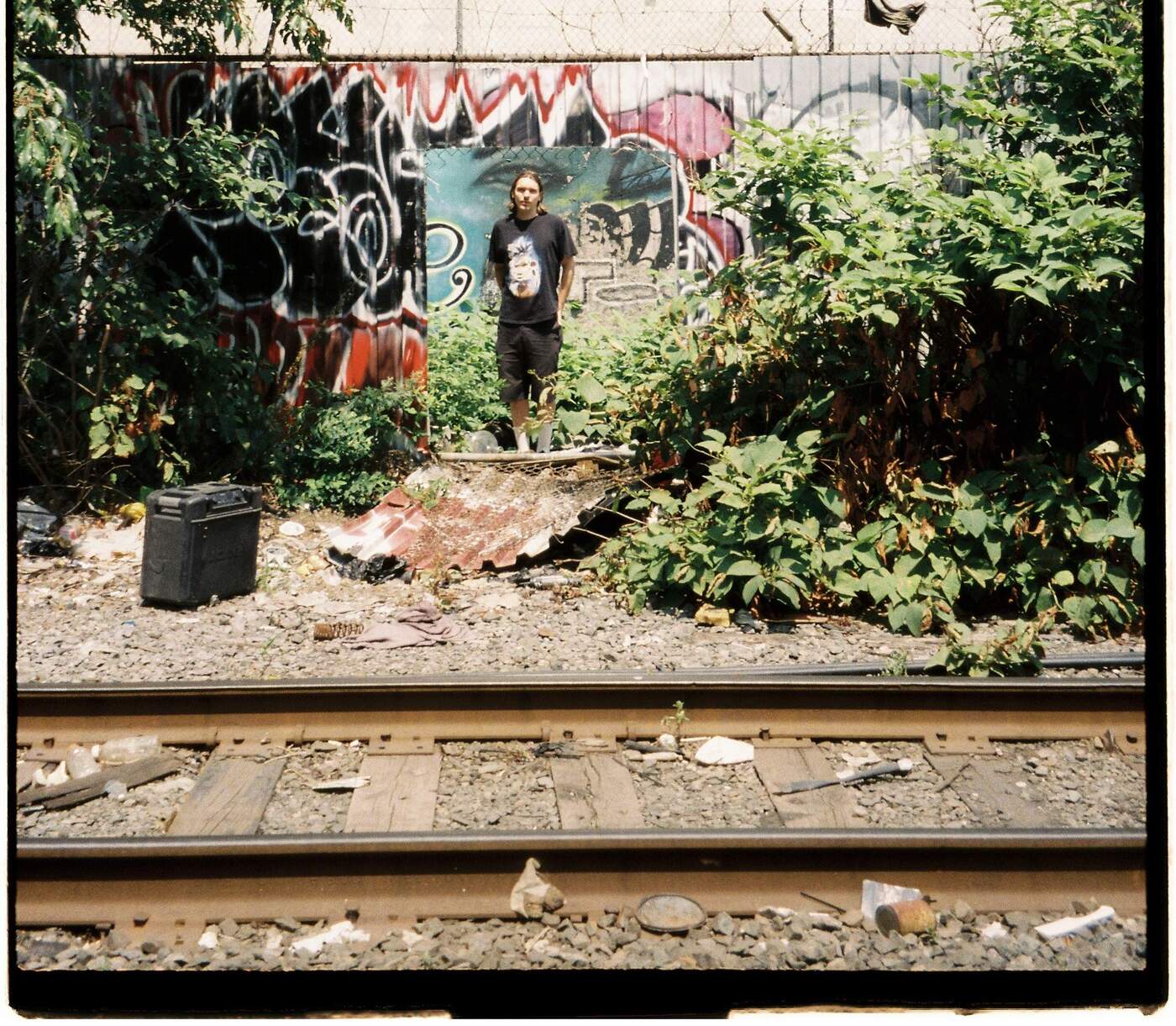The Pretty Things | Wally Waller | Interview
Wally Waller was a long-time member of The Pretty Things and lifelong friend of Phil May. He had a big influence on all the most important Pretty Things’ albums, which were all made while he was a member of the band.
From ‘Emotions,’ ‘S.F. Sorrow’, ‘Parachute’ (written entirely by Phil & Wally), ‘Freeway Madness’ (produced by Wally Waller), to ‘Cross Talk’. Waller recently released his new solo album, ‘Kitchen Rock,’ which presents a deeply personal journey. It was recorded during England’s 2020 lockdown in his kitchen, the album blends classic tracks co-written with Phil May and timeless rock ‘n’ roll favorites. While the intimate setting differs from his Abbey Road days, Waller’s talent shines, transitioning from solo renditions to full “one-man” band productions.
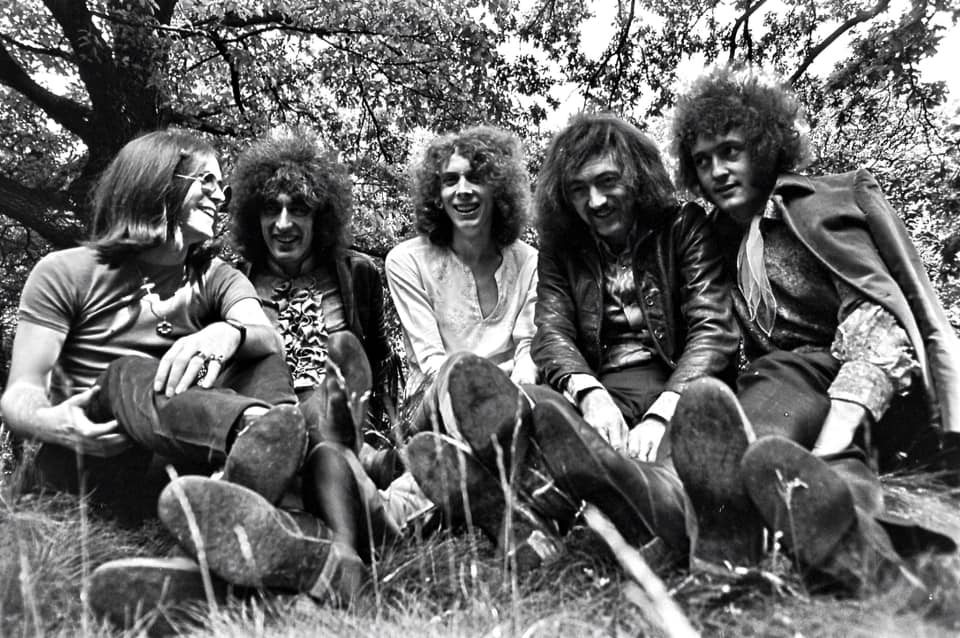
“I have always been interested in the “art” of recording sound”
‘Kitchen Rock’ is such a wonderful release. Would you say it’s a product of the times, being made in time of a complete lockdown, which was truly shocking for most of us?
Wally Waller: None of us had ever experienced anything like that before. None of us could predict how we would react to such circumstances. Being a creative musician, and having the ability to play most instruments (to some degree), and the ability to sing and harmonise, I just fell into making some posts for my social media.
What was the initial idea behind it?
There was no grand plan, except these were going to be free give-aways over my social media – so I couldn’t give away any of my new unpublished songs, of which there were, (and still are), many! So I just started posting new “solo” recordings of some old Pretty Things’ favourites, and some of the many other songs that have touched me through the years. The series became hugely popular, and the response was very encouraging.
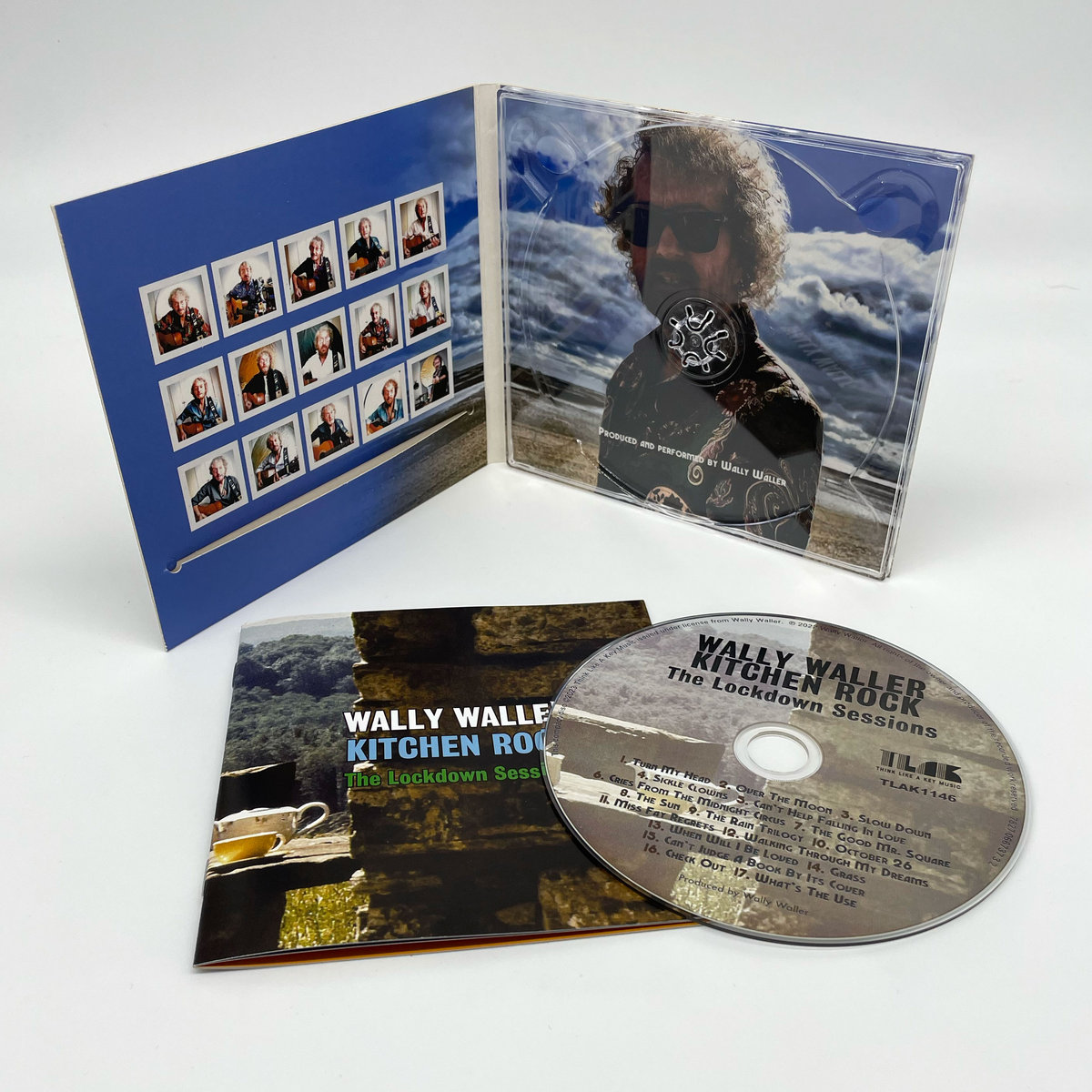
As the months went by I started augmenting the recordings in my small music room. They all began as acoustic guitar and vocal recordings into my old iPad – not the most hi-fidelity way to start any recording process! The kitchen had the best acoustics for this, so that’s where the name came from. I became more and more adventurous with my efforts. Finally I was urged to collate all these tracks, and make them into an album – and lo and behold – that’s how we came to be where we are today!
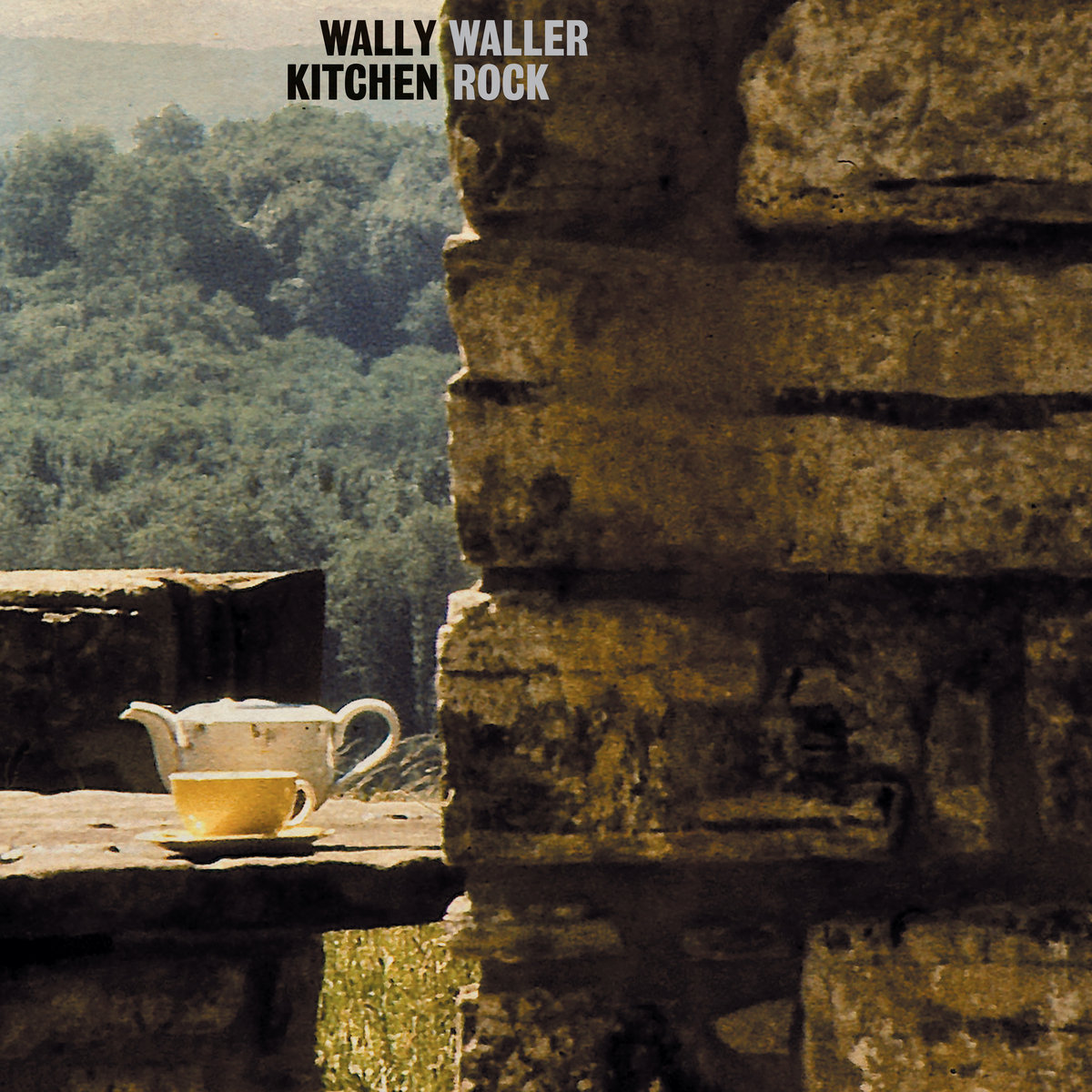
You worked as a producer for EMI back in the 70s, which is truly shown on the latest album, which sounds great, despite being recorded in your home environment. How did you originally become a producer for EMI and do you feel that environment is important when it comes to music making? In the case of your album, it gives a certain more intimate feeling, I think.
I have always been interested in the “art” of recording sound. I was always closely involved with the production of our output at EMI, and Norman Smith recognised this, and he was instrumental in me being offered a chance to work as a producer at EMI. It was a tough choice for me to leave The Pretty Things for a while, but I feel it made me a more complete musician. I look at producing music as a process of painting pictures with sound, it’s a very creative thing to do, and often I’m having ideas about the production even while I’m still writing the song. Obviously, those skills were handy to have when I was making ‘Kitchen Rock’.
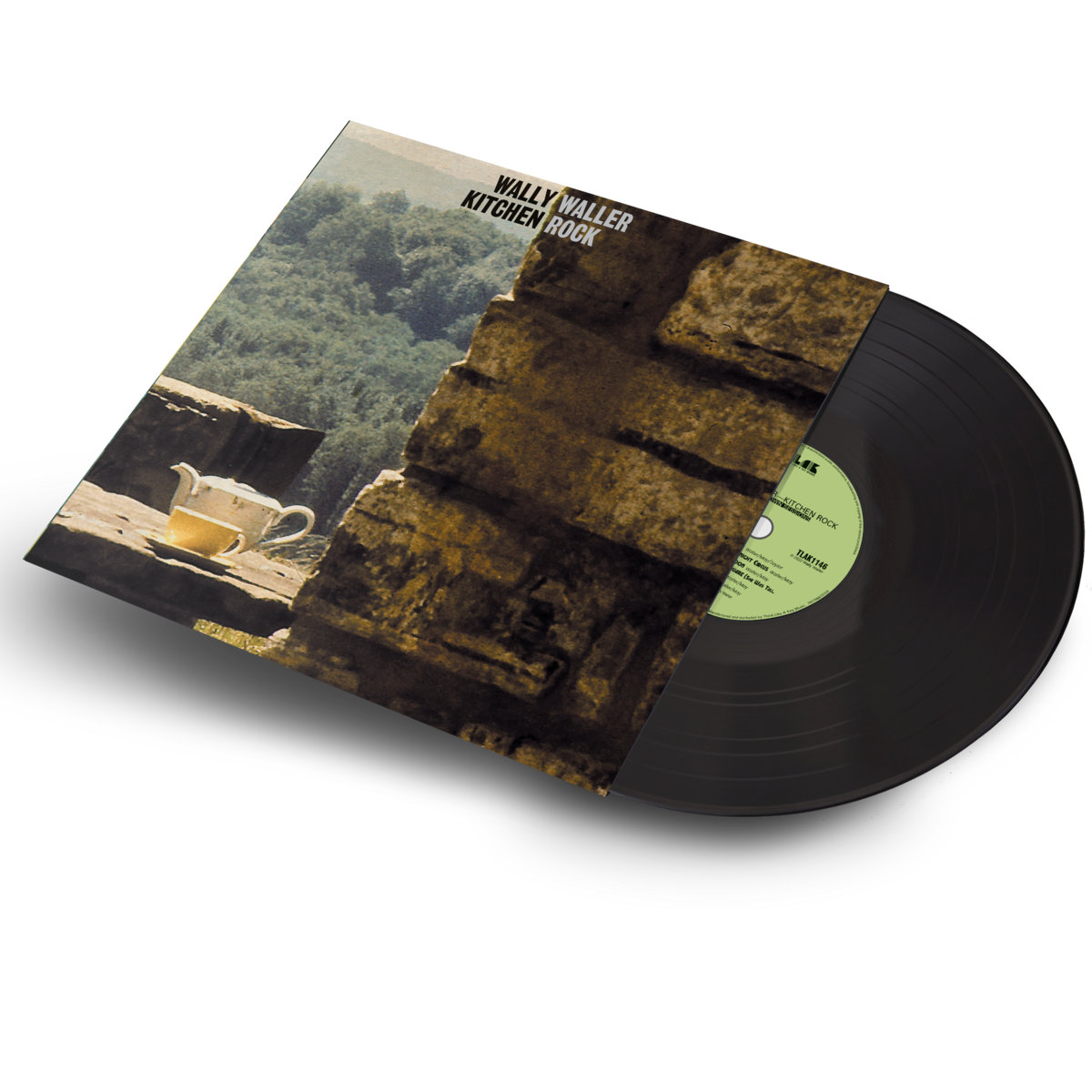
Can you share some further words how everything got together for ‘Kitchen Rock’?
I didn’t actually know I was making an album when I was recording these tracks. Some of them are a little bit “rough around the edges,” and if I’d known at the time that it was actually going to be an official album, I think I would have taken a little more care with some things!
You’re coming from the Bexley/Dartford/Erith area, what was the local scene there like in the 60s?
It was musically quite a lively area with many opportunities for gigs – the local music scene was a very potent driving force, where “budding musicians” were able to develop their talents, and reach their potential.
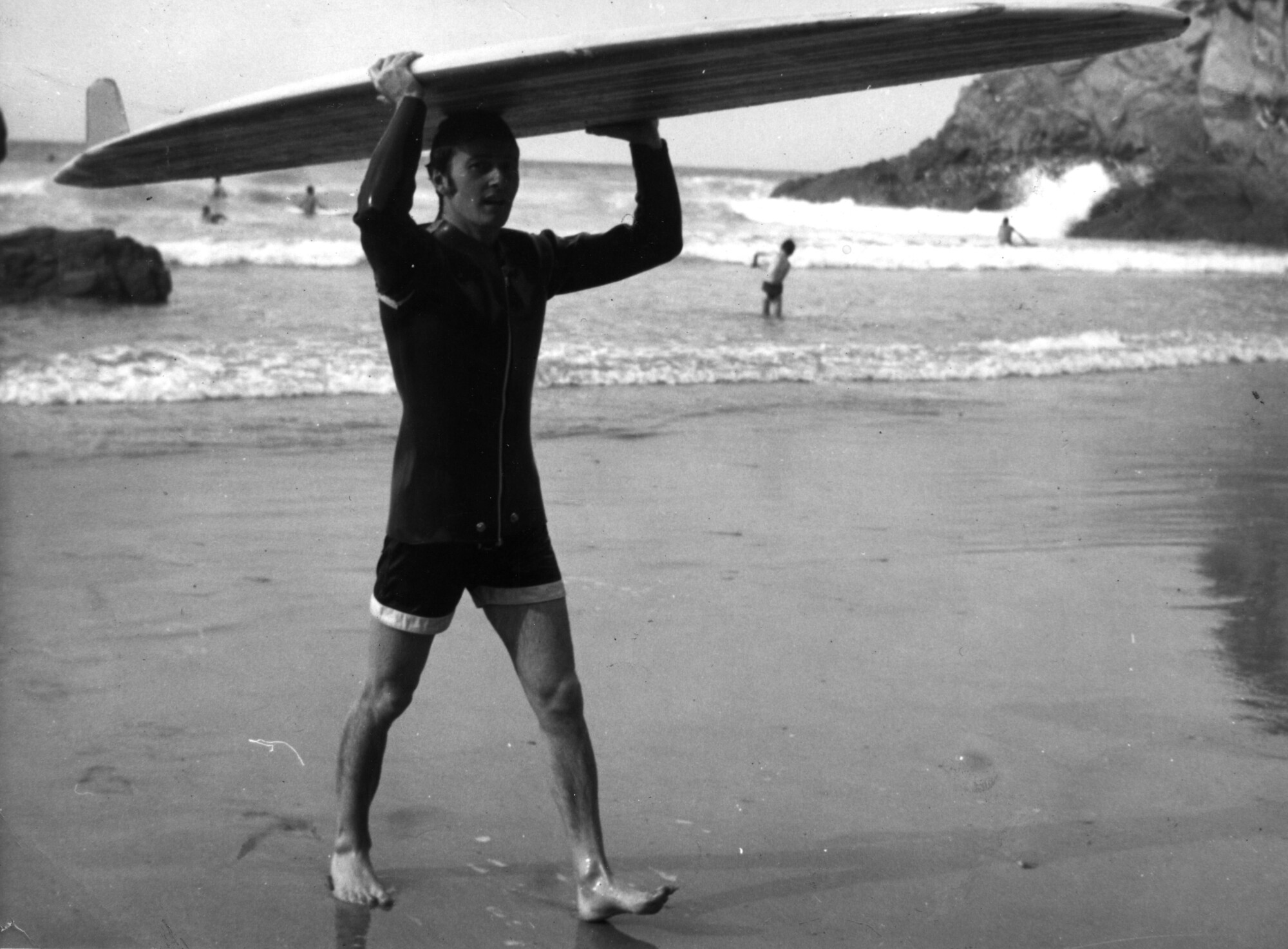
Some of the first bands you formed with The Echoes and The Marshalls. What did your repertoire consist of?
Curiously, all the first bands I joined were instrumental bands (which is where I first met Jon Povey – even though he lived very close to me).
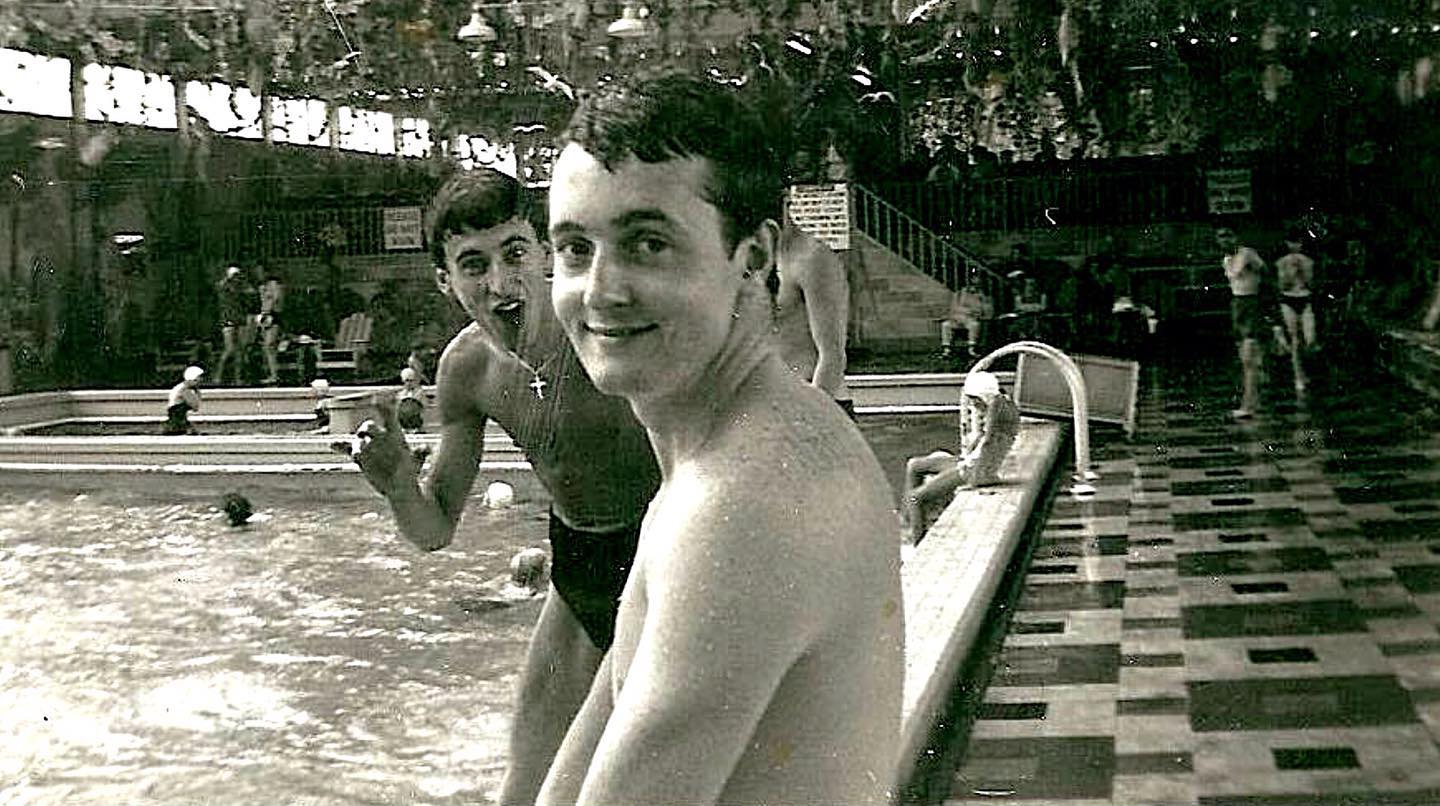
How did Bern Elliott & The Fenmen originally formed and when did you join them? The band gained quite popularity, including two trips to Hamburg where they played The Star Club. Tell us about those days.
Bern Elliott & The Fenmen were formed from all the best musicians of our local area – a kind of local supergroup. I was not originally chosen, but the guy that was chosen used to “freeze” as soon as he got onto a stage. Jon Povey suggested that they got me in to replace him – years later I was able to return the favour when I got him into The Pretty Things along with me in early 1967. Our fame soon spread around Kent & South-East London, and in 1962, we were invited to play in Hamburg, Germany for a month. At that time there were no other bands from southern England. All the other bands were from Liverpool.
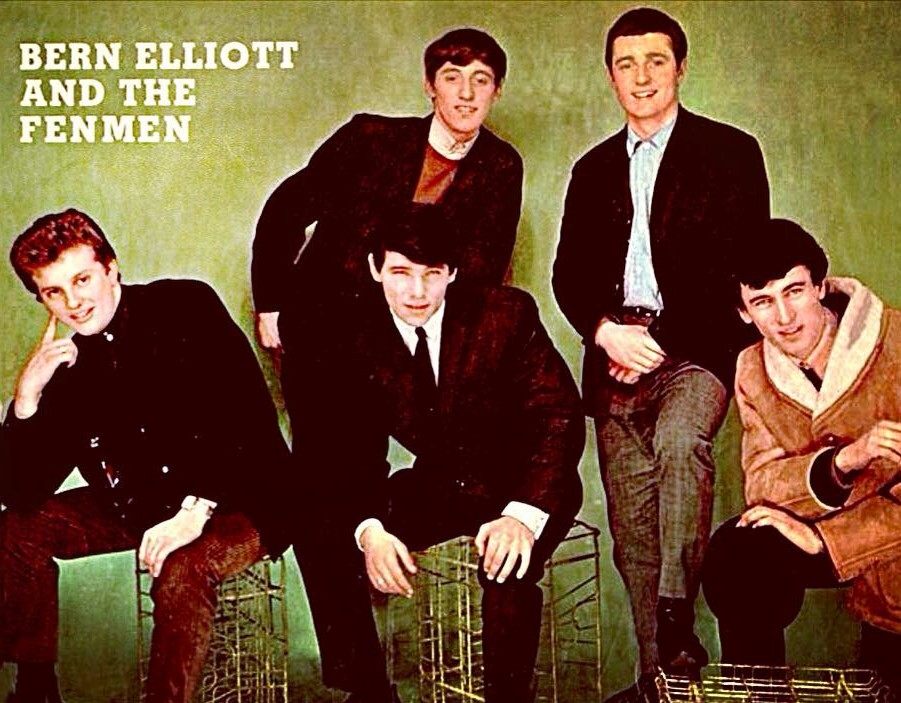
How was that enrolled into The Fenmen that were active until 1966, if I’m not wrong?
Our reputation continued to grow which was helped by some hit records at the end of 1963, and the beginning of 1964 – we also made an E.P. and even did some “live” recordings at The Cavern in Liverpool. Bern Elliott suddenly decided that he was going to be a “Big Solo Star,” and he offered us the chance to take wages while he had most of the money himself. We very quickly told him to “F*** O**”!!! So The Fenmen carried on without him, turning ourselves into a vocal harmony band. We had a lot of success and continued making records firstly for Decca Records, and then CBS. Meanwhile, Bern Elliott disappeared into obscurity.
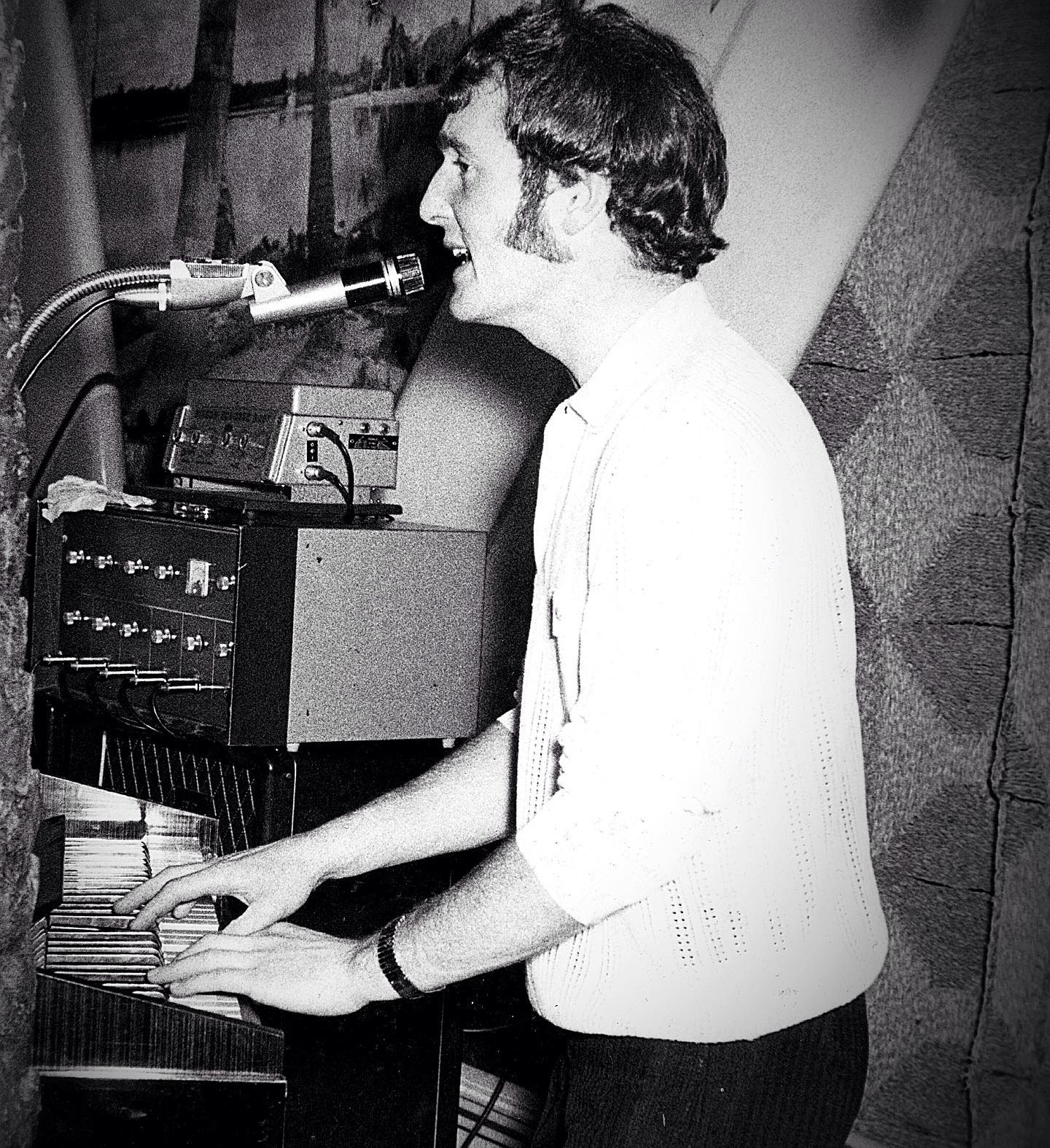
Tell us how you first met Phil May and what was he like?
Phil May and I met when we were four years old. We were just kids whose families had moved into a new housing estate that had just been built. We immediately became best friends. Phil’s family history was complicated and filled with drama. Mike Stax of Ugly Things is currently working on a biography of Phil May in which all these events will be well chronicled. But briefly, I can say that from the age of about 10, we were separated for a number of years, and prevented from communicating – it’s a long story, and all will be explained in Mike’s book – it will be a fascinating read!
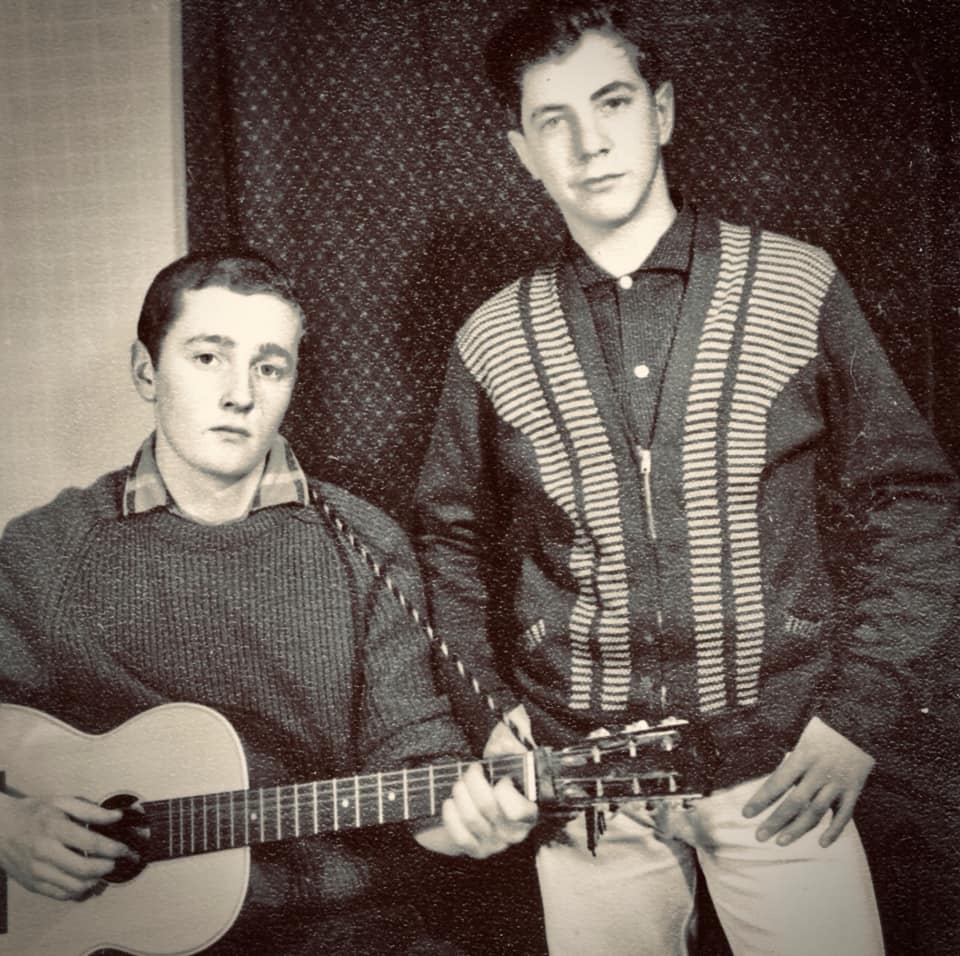
What led you to replace John Stax. What would you say are some differences between your style and his?
I replaced John Stax, because Phil May asked to! At the time I think Phil was struggling with the third studio album (‘Emotions’), and I think he wasn’t getting too much help from others in the band with the writing. After Phil and I had written our first song together, (‘The Sun’) in an afternoon, he immediately asked me to join the band!
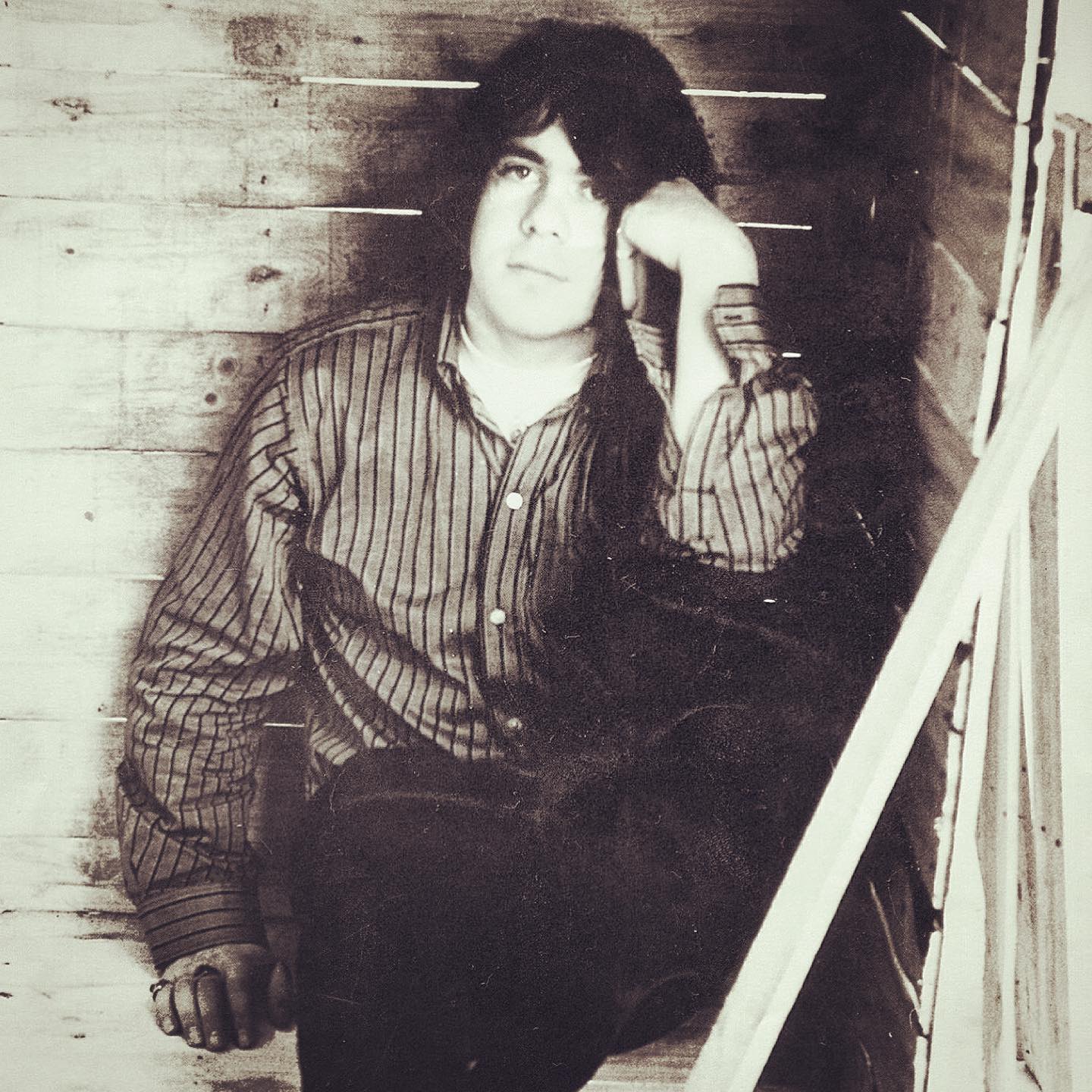
You wrote songs with Phil May which eventually were released on ‘Emotions’, released in 1967. Would love to hear what the songwriting process is like for you two? Which are some of the songs you’re most proud of?
We had no processes or rules – we would just sit down together (me with my guitar), and we would just doodle around until we found something we liked, and then we would develop it. I wrote most of the music, and Phil May wrote most of the lyrics – though as I said before, there were no rules! ‘The Sun’ was the song that unlocked so many things both for me and The Pretty Things. ‘Grass’ is the song that I get the most mail about, and it’s always positive – it’s also one of my favourites. Phil once described it as our “Pastoral Hymn” … I wouldn’t argue with that!
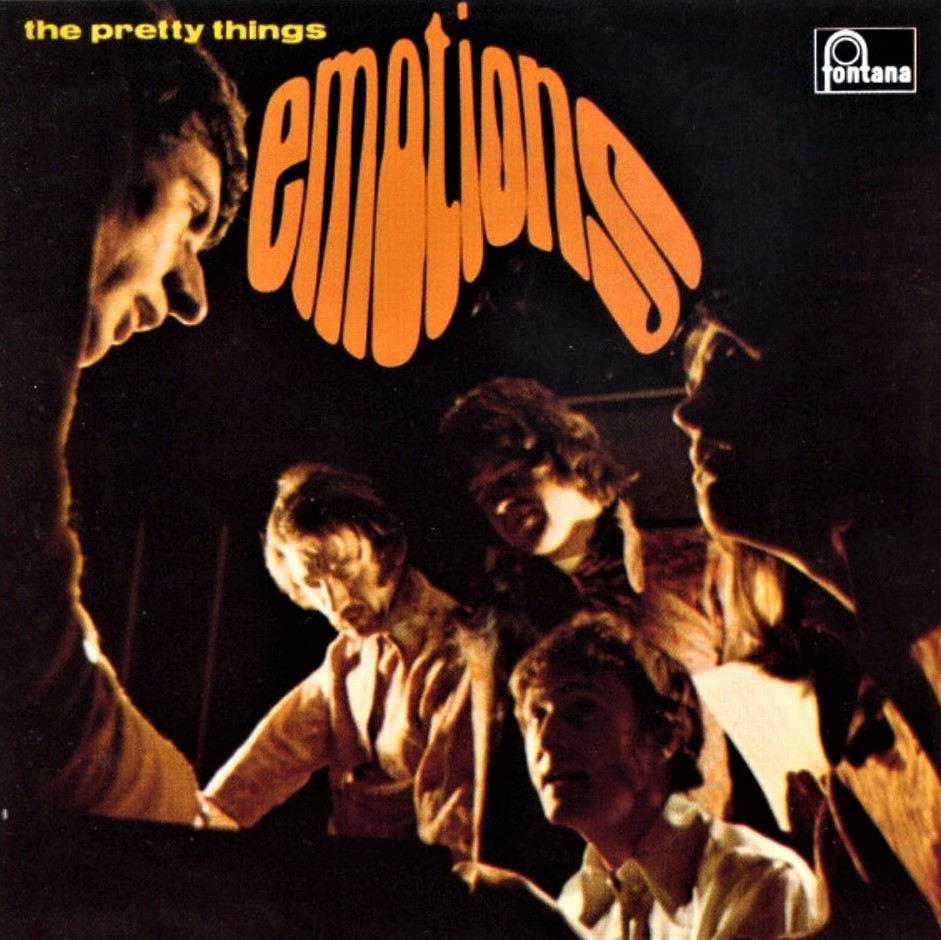
And you brought along Jon Povey from Fenmen. He was originally a drummer, but played keyboard with The Pretty Things.
Yes, Jon Povey had never played “Rock Keyboards” before – and I had never played bass before – quite a brave move by Phil, wouldn’t you say ? I think there were many people who thought he had gone mad … but I don’t think we let him down.
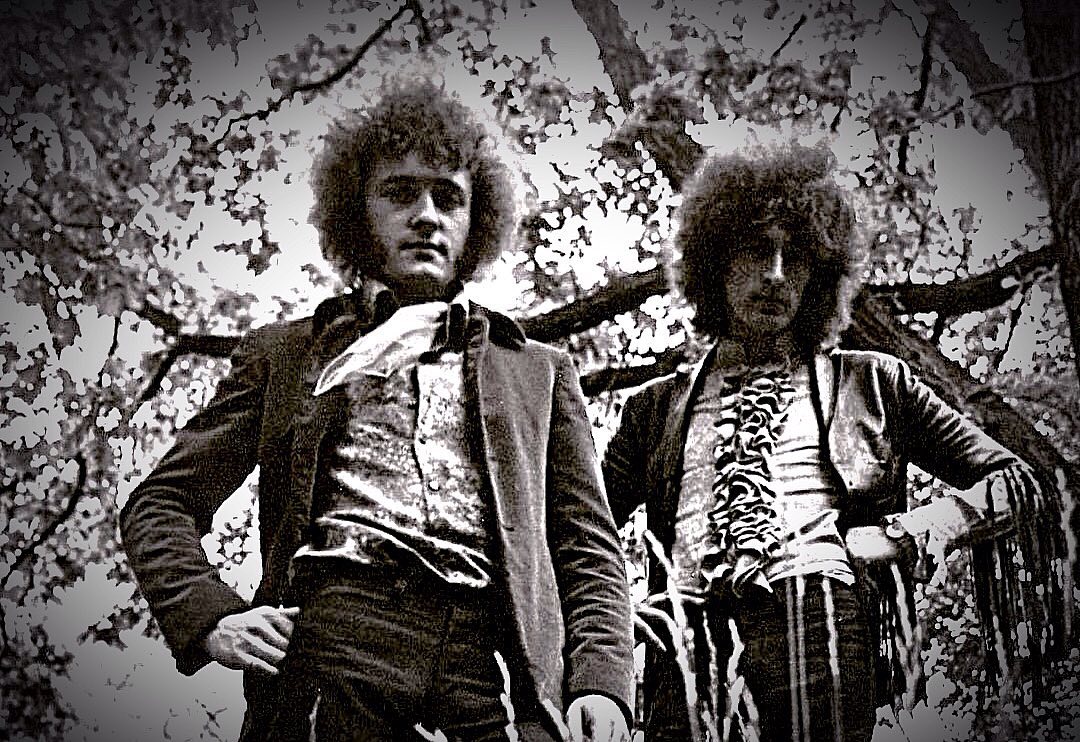
“To illustrate a story with music”
It would be fantastic if you would talk about how the initial idea to record a rock opera came about and its concept?
It was actually my idea to “illustrate a story with music” – the words “Rock Opera” was never used by any of us, though I suppose that’s what it was. Phil May wasn’t keen on the idea originally, but after a while Phil brought forward a short story that he had been working on. The story-line was quite vague originally, but as the project progressed it evolved with the narrative affecting the music – and the music affecting the story – a kind of cross-pollination process.
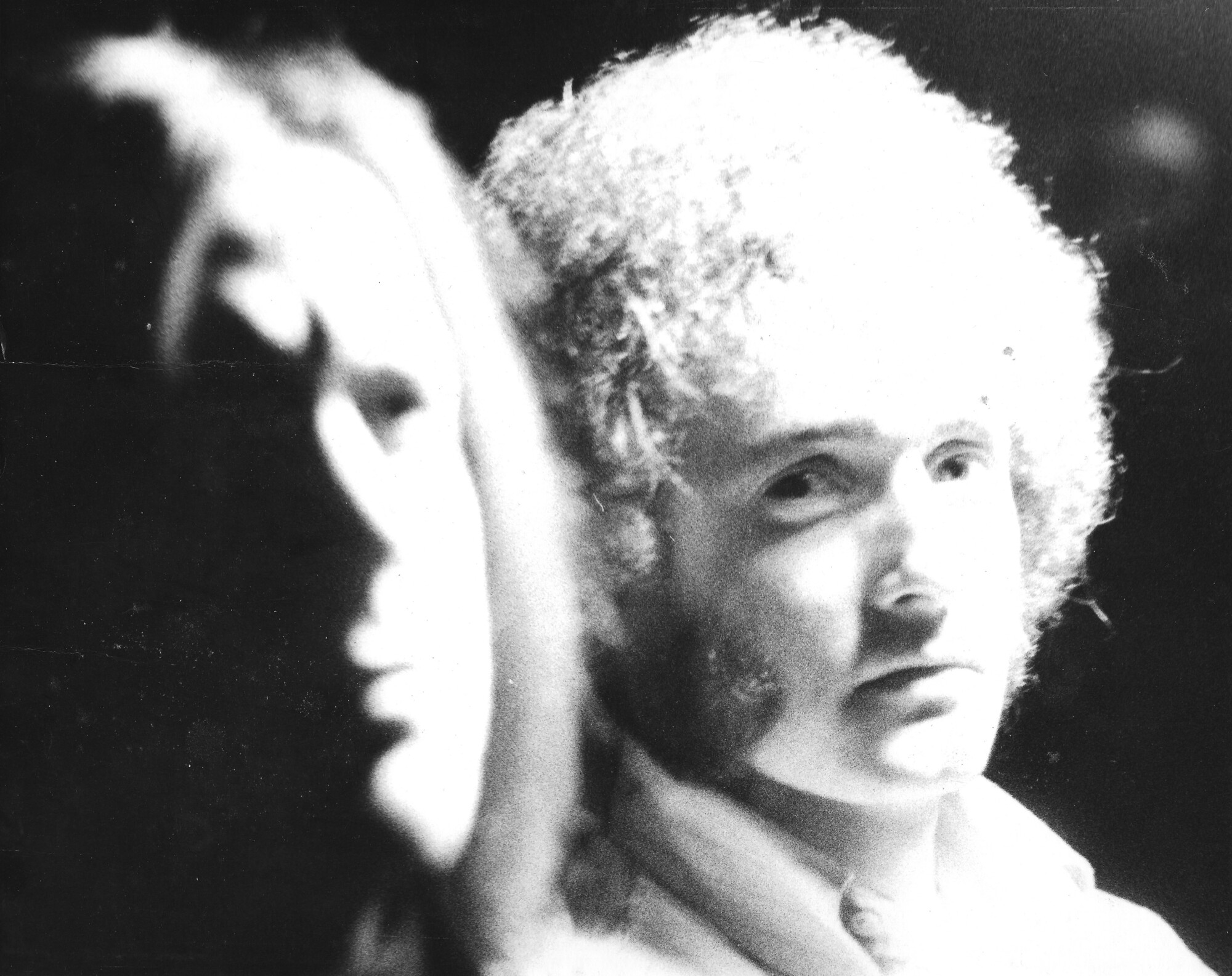
What are some of the strongest memories from writing and recording ‘S.F. Sorrow’?
I remember doing some harmonies on ‘Private Sorrow’ (which depicted the horrors of trench warfare in WWI), we found some bandages to wrap around our arms and heads, and we daubed them all with Tomato Ketchup from a bottle which we stole from the Abbey Road Canteen!
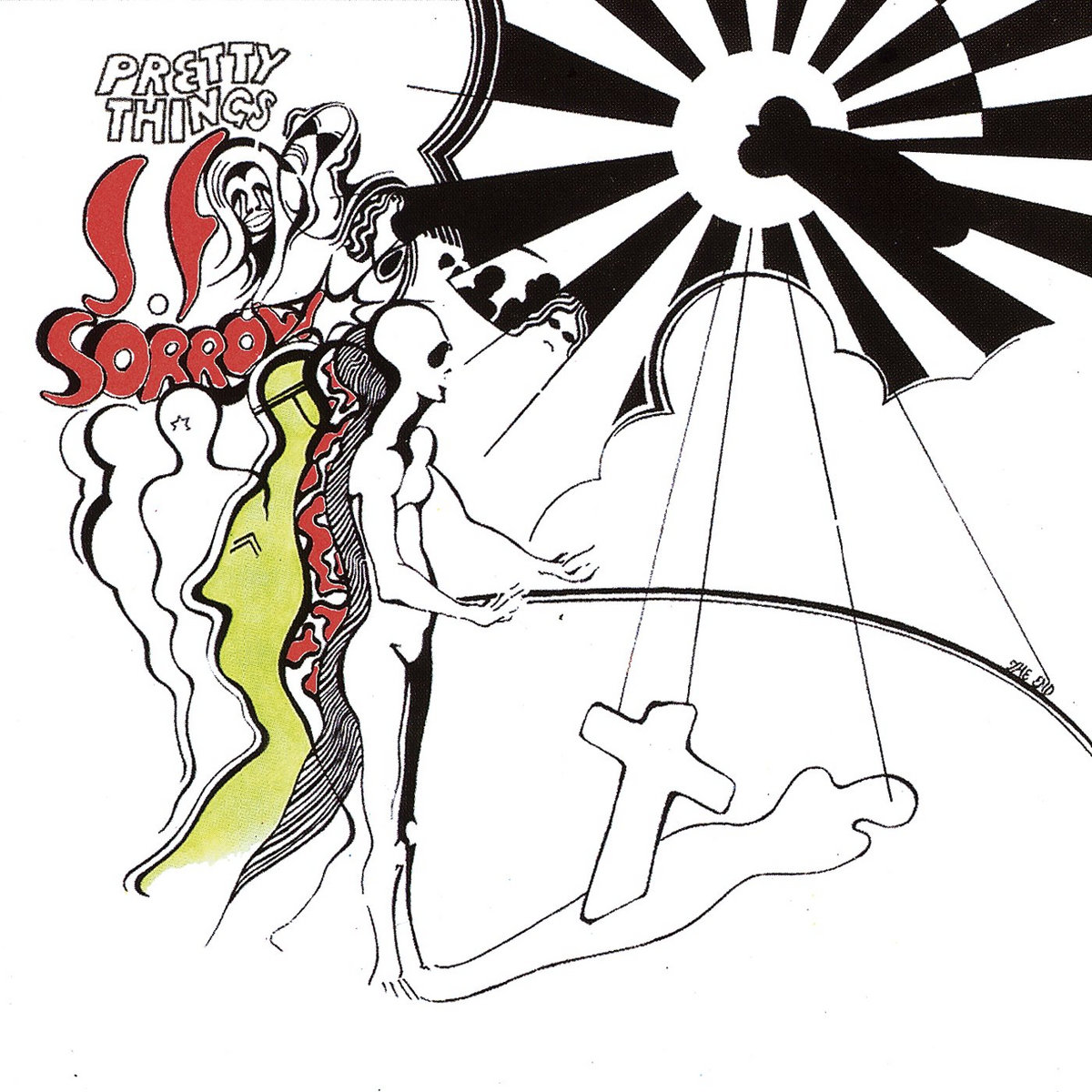
‘Parachute’ was entirely written by May and you. Would love to hear what was the main concept behind it?
As the 60s were ebbing away, Phil May and myself set out on the journey to create a new Pretty Things’ album. ‘S. F. Sorrow’ had been largely un-supported by our masters at EMI. Their promotion of it had been distinctly lacklustre. Its launch had been almost a year ago, to which the initial response and reaction could be described as “muted” at best. Early sales of ‘S. F. Sorrow’ had been disappointing (I wonder why ?), and EMI had been in no hurry to ask Norman Smith to get us back into Abbey Road for any more recordings. The pen pushers and bean counters of Manchester Square (the then EMI headquarters) didn’t understand us and they didn’t like us either after we presented them with our first recorded offering under the EMI banner: the six minute single ‘Defecting Grey’!
Phil and I were in prolific form with the pen at that time, and when Norman’s call came through (in about mid September of 1969) to say that he had booked some studio time for the next album, we had not been idle. We had only just finished recording and mixing an album with Philippe Debarge (‘Rock St. Trop’) for which we had written all the songs – so the song book cupboard was pretty bare.
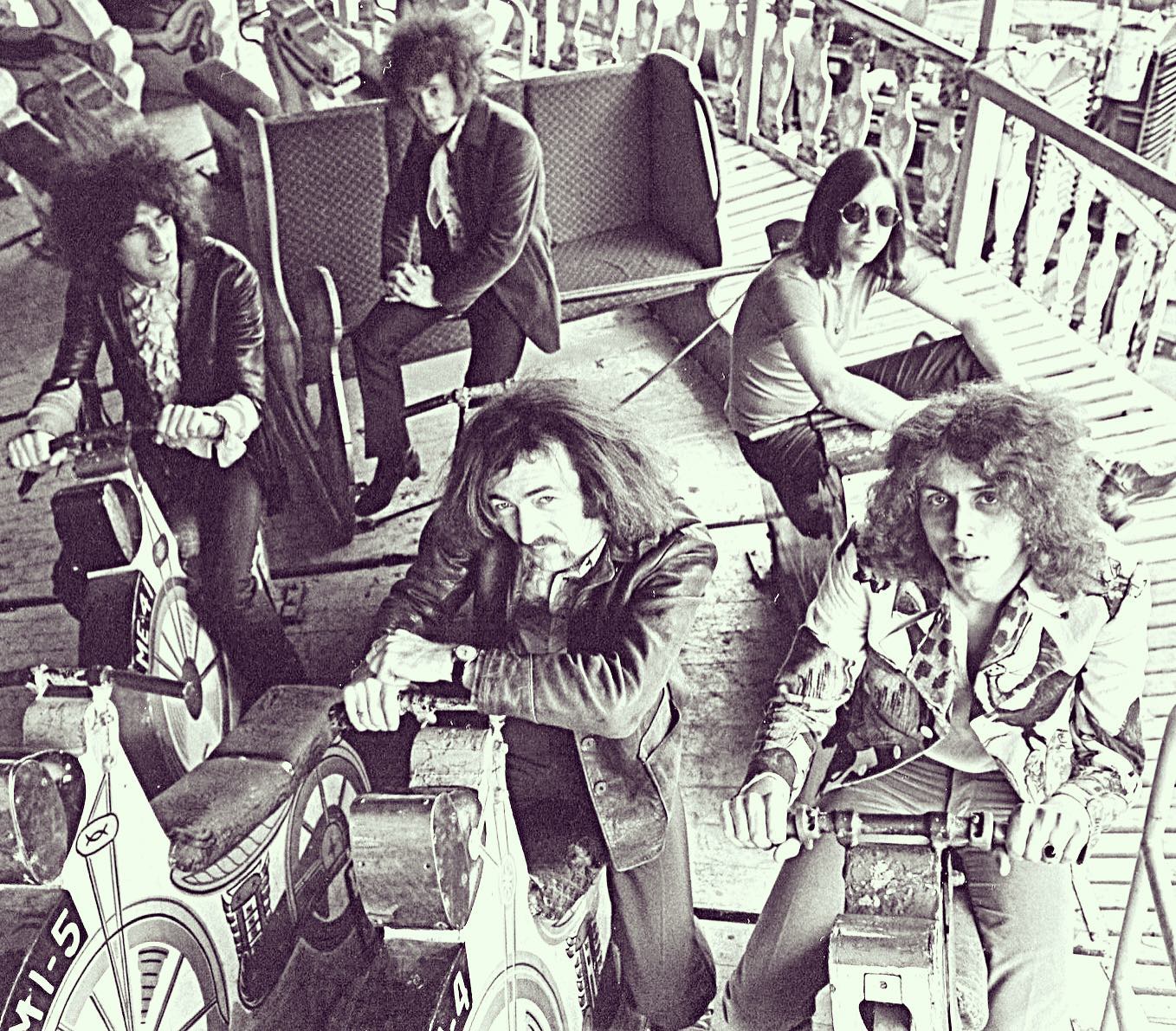
I think we had about a week to come up with some songs and some general direction for the new album. I always work best under the pressure of a deadline, and fortunately so did Phil, in fact he would never lift a finger until he absolutely had to, so we spent a lot of time together that next week.
Because ‘S. F. Sorrow’ had not been an instant sensation, we never once looked at each other and thought “How are we going to follow that?” We didn’t give much thought either to the fact that the 60s was nearly over – it didn’t seem like a big deal to us at the time, like it does today in retrospect. For those of us who lived through the 60s (and I was a callow youth of 15 when they dawned), they just kept coming at you like a Kaleidoscopic Express Train, and once I joined The Pretty Things, I seemed to be sitting squarely in the middle of the tracks. It almost seemed like I was watching a movie, but I was in the movie too! None of us at the time had truly understood or appreciated what a cataclysmic decade the 60s had been. We can see now in hindsight that the whole thing had been a white knuckle ride – but wait! – what is this? Are we beginning to feel something a little calmer arriving?
Phil and I chewed over a lot of things and ideas. We both wanted to do something “themed,” though not so strictly story-bound as ‘S. F. Sorrow’! Then Phil said to me he had an idea for a short story about a lonely guy who lived in isolation like a hermit in a small apartment in a big city. He kept scrapbooks about the rich and famous. He kind of lived a proxy life through the eyes of the people he admired and idolised so much – and because he was always cutting out squares from newspapers and magazines to make clippings to stick in his scrapbooks, Phil thought he was going to call him “The Good Mr. Square” – as soon as he said that name, I heard the melody in my head. I picked up the guitar and in what seemed like no time at all we had the whole song sorted, and the new album bandwagon was rolling, but we didn’t know where it was rolling at the time!
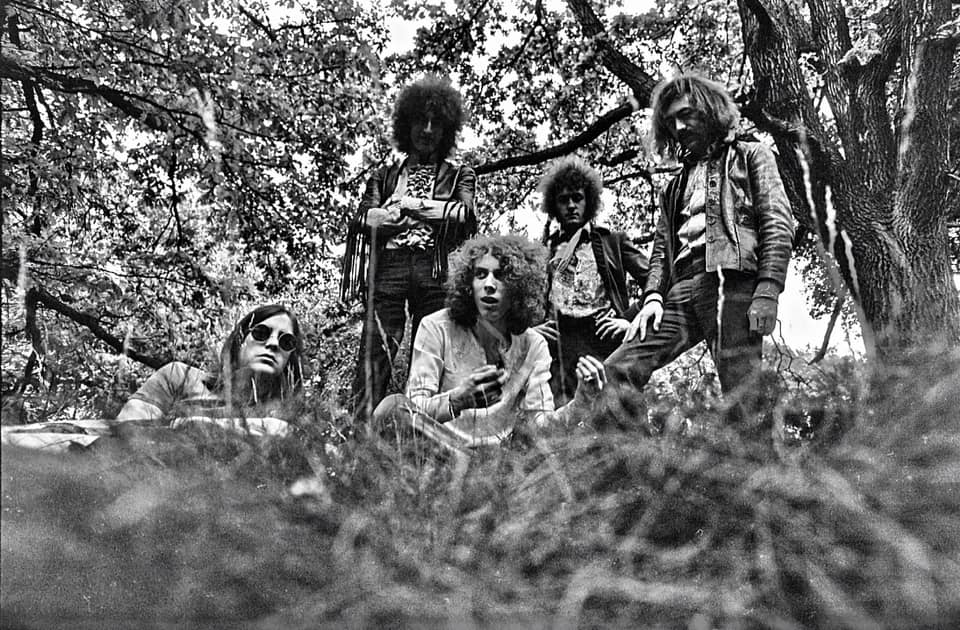
We started bringing bits of song ideas to each other. Some were semi-formed, and others were not so much, but they all needed some work. We noticed that the songs were either about city life or the opposite, escape from the city to the country. We both felt that the 60s had burned a lot of people out. Anecdotally at least we felt that a lot of people were getting places out of town to chill out. There were a lot of walking wounded from the 60s, and we can now see that it was the greatest decade ever seen by mankind. The casualties were the folks that would never quite manage to get their feet back down onto the terra firma again, thanks to “bad trips” or whatever.
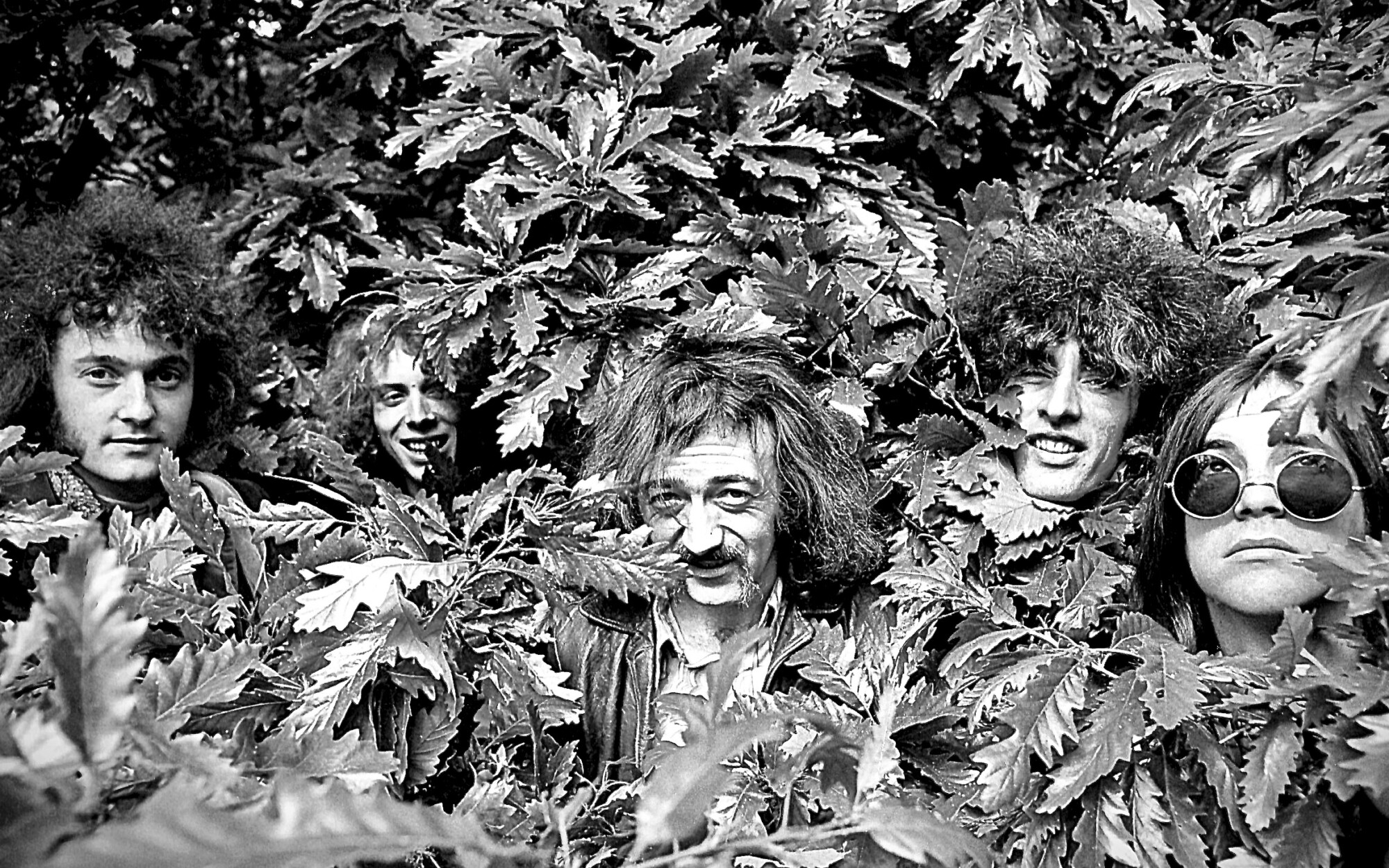
There was romance and drama aplenty in the mix – lovers separated by different environments was a recurring theme. Both of us felt that the “electricity” and the heart-beat of the city was where we belonged, and we also felt that there was a conflict being fought out – sometimes between couples and sometimes between families and sometimes just attitudes in general. Was there an answer to this dilemma? Going either way was a kind of escape?
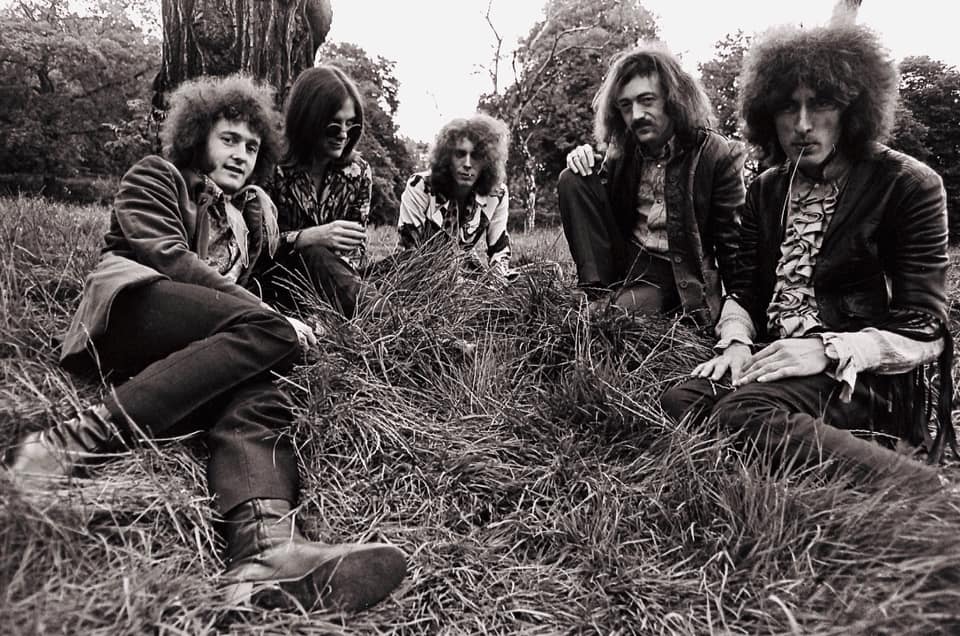
Out of the blue one day, Phil said to me “Why don’t we call it “Parachute?” He went on to explain his logic. A parachute is a kind of escape mechanism, but there’s no guarantee that it’s going to work. It’s the last resort when you jump out of a stricken aircraft and pull the rip-cord, you can never be sure the chute will open properly, in which case it would be an unmitigated disaster. The same could be said of a city girl or boy escaping to the countryside or vice versa. In the end I agreed – we weren’t offering any solutions, just posing the dilemma – it may seem like a possible escape route but maybe it won’t be, maybe it will all end in tears! So “Parachute” it was!
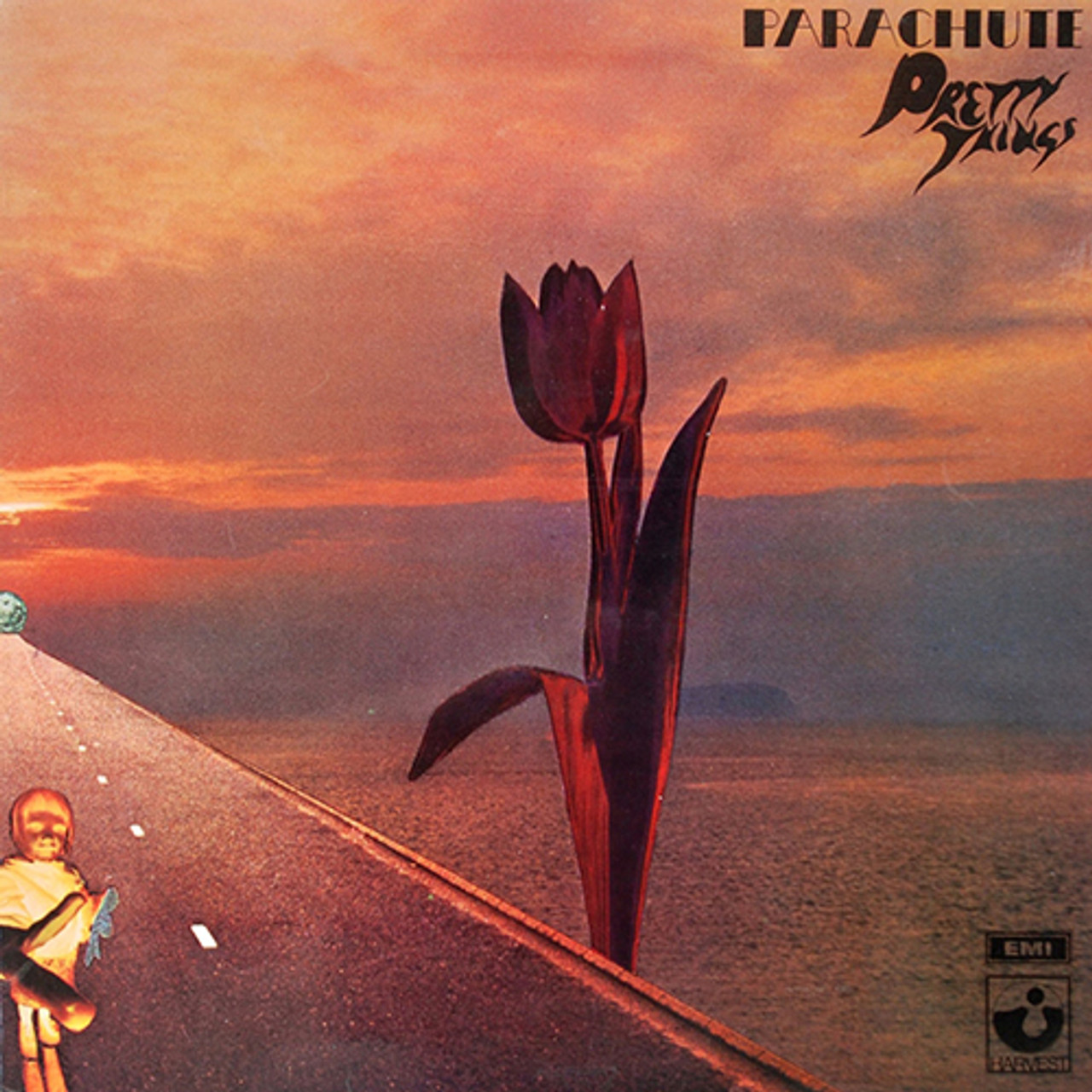
And how would you compare the two albums? What runs through your mind hearing those records today?
With both those albums I felt we were treading in the “virgin snow” – there were no trails to follow – nobody had been to these places before. When I listen back to them today, I am amazed how well they stand up to some very close scrutiny after more than half a century!
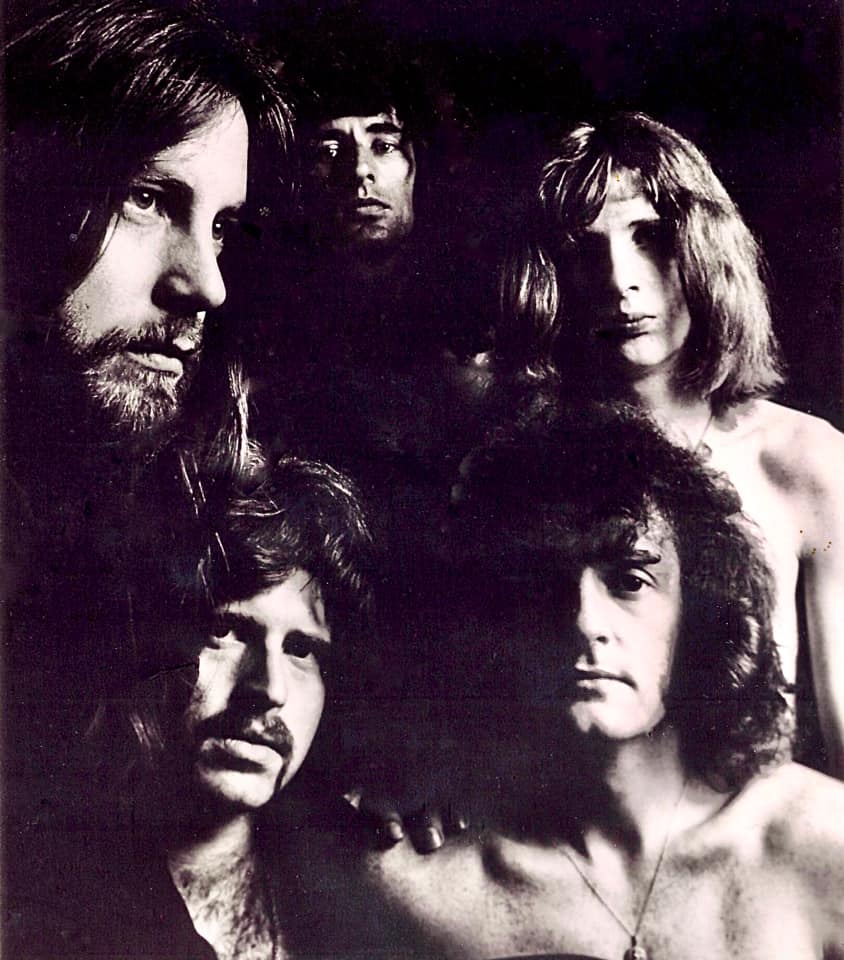
As a producer, tell us the technical side at recording those albums in Abbey Road and what kind of gear did you use. There were Studer machines… I guess ‘S.F. Sorrow’ was recorded using 4-track Studer, while on ‘Parachute’ you were already working with 8-track Studer?
‘S. F. Sorrow’ was obviously the biggest challenge, because we were working on 4-track analogue machines, which meant we were submixing all the time – sometimes to 4 or 5 generations and even adding things ‘live’ as we were doing the final mixes. ‘Parachute’ was a little bit easier (on 8-track machines), but even then the recording process needed a lot of planning in order to get everything you wanted onto the tape!
Producer Norman Smith really gave you an opportunity to be part of an experiment… you did a lot of new things back then…
Yes – Norman Smith had spent many years pushing the technical barriers while he was The Beatles engineer (he engineered all The Beatles recordings, up until ‘Rubber Soul,’ but in those days EMI didn’t give credits to any of their in-house engineers). Besides his work with The Beatles, he was a very successful engineer, and his nick-name amongst the other engineers was “Golden Bollocks.” John Lennon used to call him “normal Norman,” or sometimes “2 Dbs Smith.” He had an adventurous spirit, and I learned a lot from him, even though he wasn’t trying to teach me anything. His enthusiasm just sort of “rubbed off!”
Would you like to go in detail about what made your decision to leave the band and become an EMI producer? I guess there are many wonderful memories from being a producer for about five years there?
I agonised long and hard, but in the end I just wanted a new challenge. I wanted to explore all the possibilities of recording sound – and Abbey Road was the world’s premier “Cathedral of Sound” at the time.
What led you to France where you worked with Philippe Debarge. Would love it if you could share some further words about your collaboration.
I was never cut out to be a “corporate animal,” and I became very disillusioned with life at EMI. Philippe Debarge offered me the perfect exit, when he asked me to produce another album for him (in French this time) and form a band of English musicians to live and work in France.
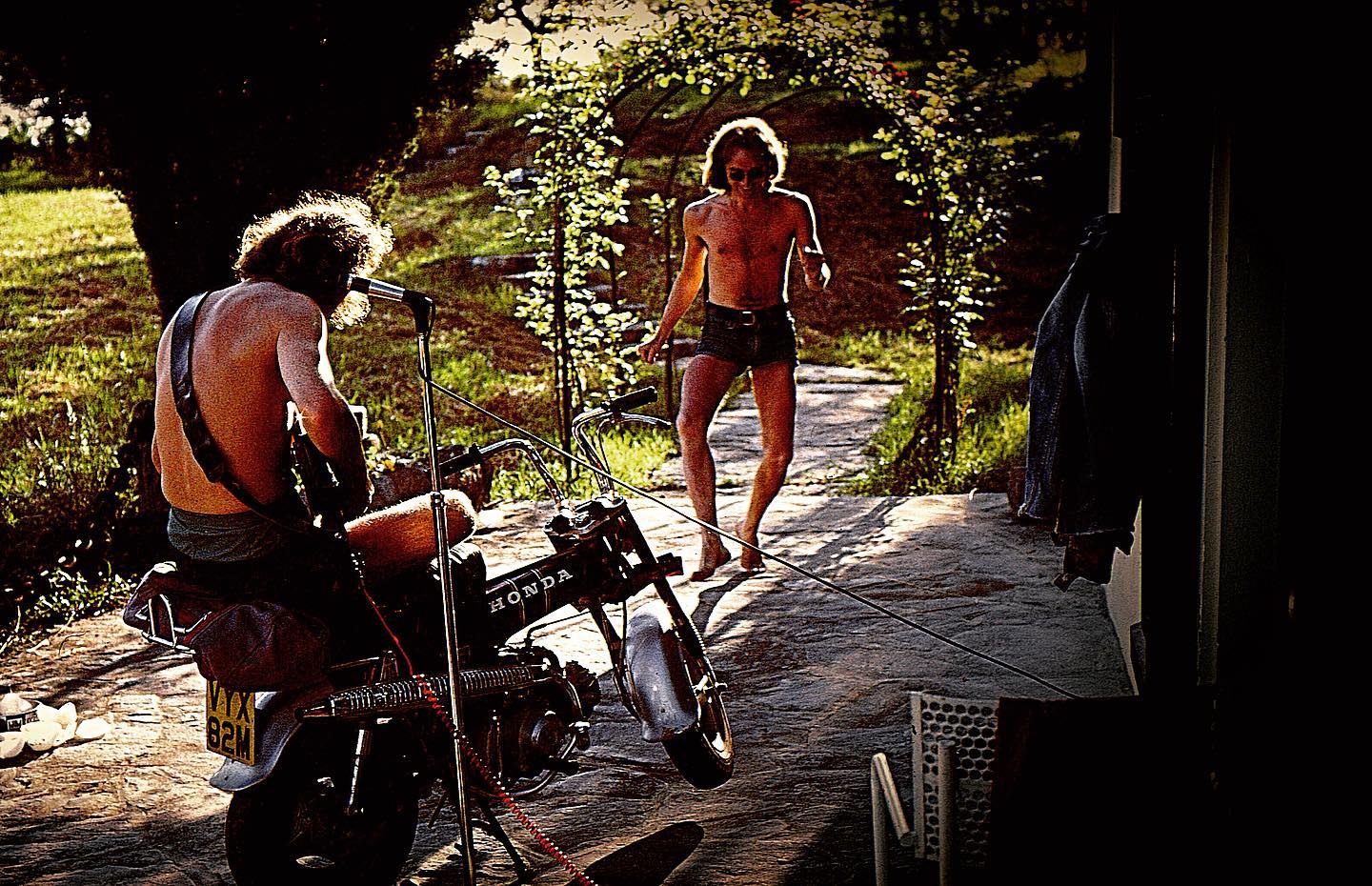
What occupied your life later on, in the late 70s and so?
I spent a while just making Library Music, before we reformed The Pretty Things, and recorded ‘Cross Talk,’ and toured for a time.
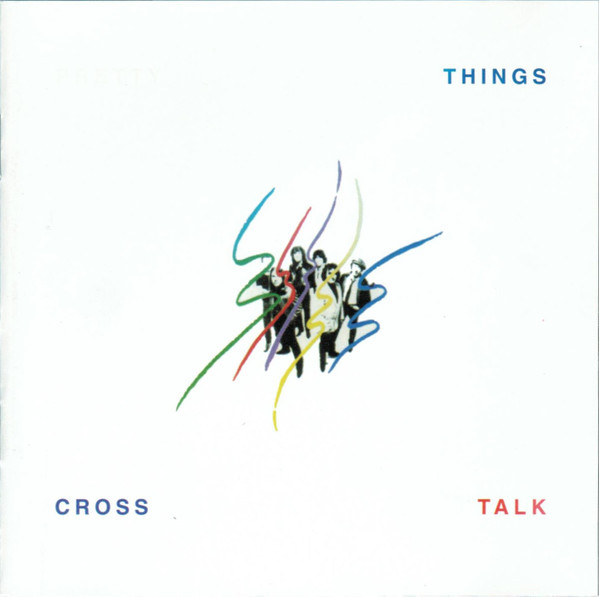
Looking back, what was the highlight of your time in the band? Which songs are you most proud of? Where and when was your most memorable gig?
For me the highlights were the years of the EMI contract – it was a creative Whirlwind for us, and I was right in ‘the eye of the storm’
You worked with many musicians later on, any you would like to particularly highlight?
My great friend David Gilmour was always a joy to work with – we met in 1964 when we were both hired as session musicians on an Andrew Loog Oldham session. I produced and worked with the Young Brothers in Sydney in 1973 – they were called Marcus Hook Roll Band then. Three months after I left Australia, they decided to call themselves AC/DC!!! I produced and played on a solo album for John Lees from Barclay James Harvest.
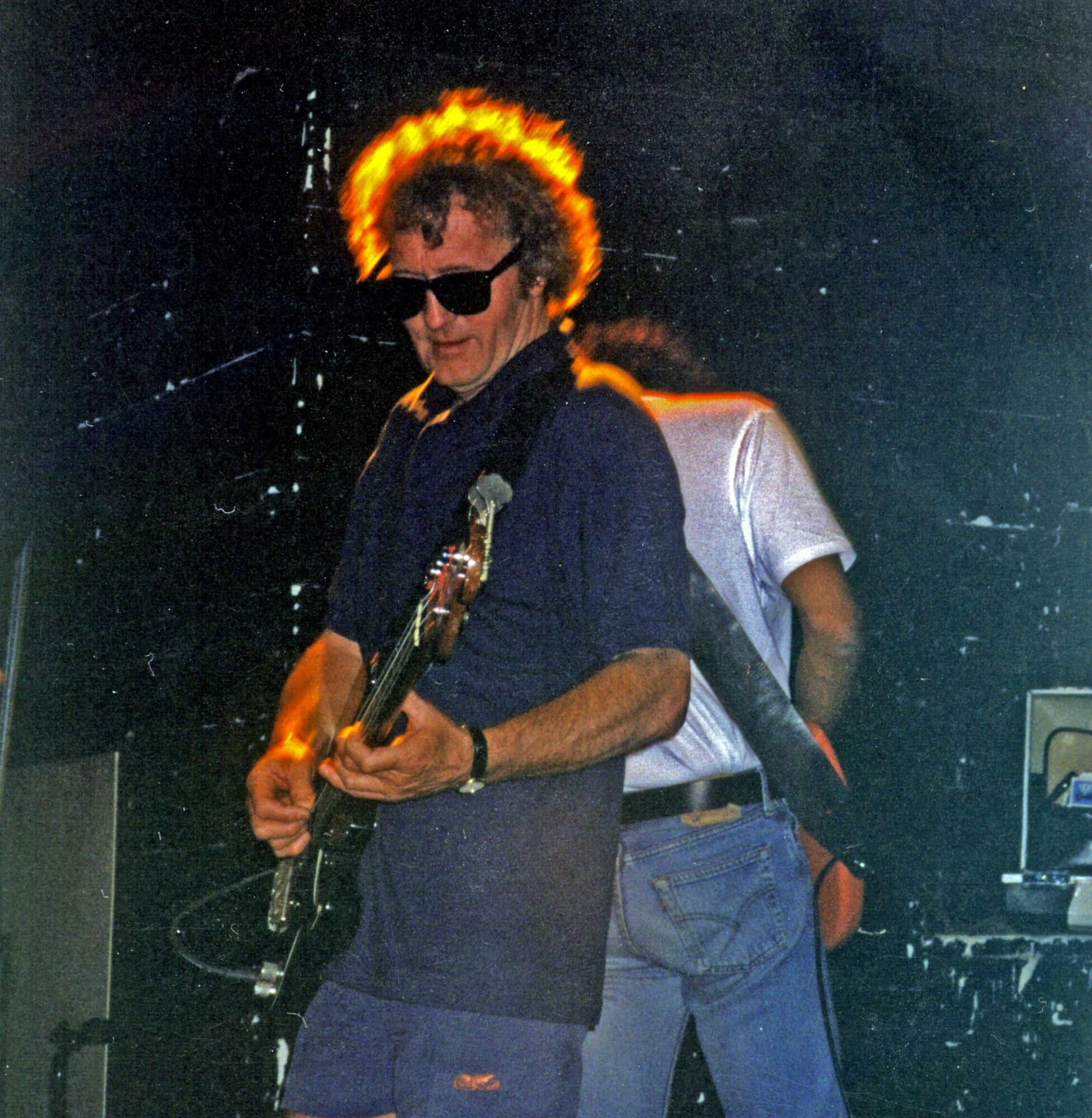
Is there any unreleased material by The Pretty Things or maybe some of your solo material?
As far as I am aware there is nothing new from The Pretty Things laying around doing nothing. I have many bits and pieces that I have recorded through the years – but nothing up to “releasing standard.” My next big project will be a brand new, all original album, and I’m really looking forward to that!
Let’s end this interview with some of your favourite albums. Have you found something new lately you would like to recommend to our readers?
No – I’m not a good listener. Musically I tend to be a bit insular … If I need some music? … I picked up the guitar.
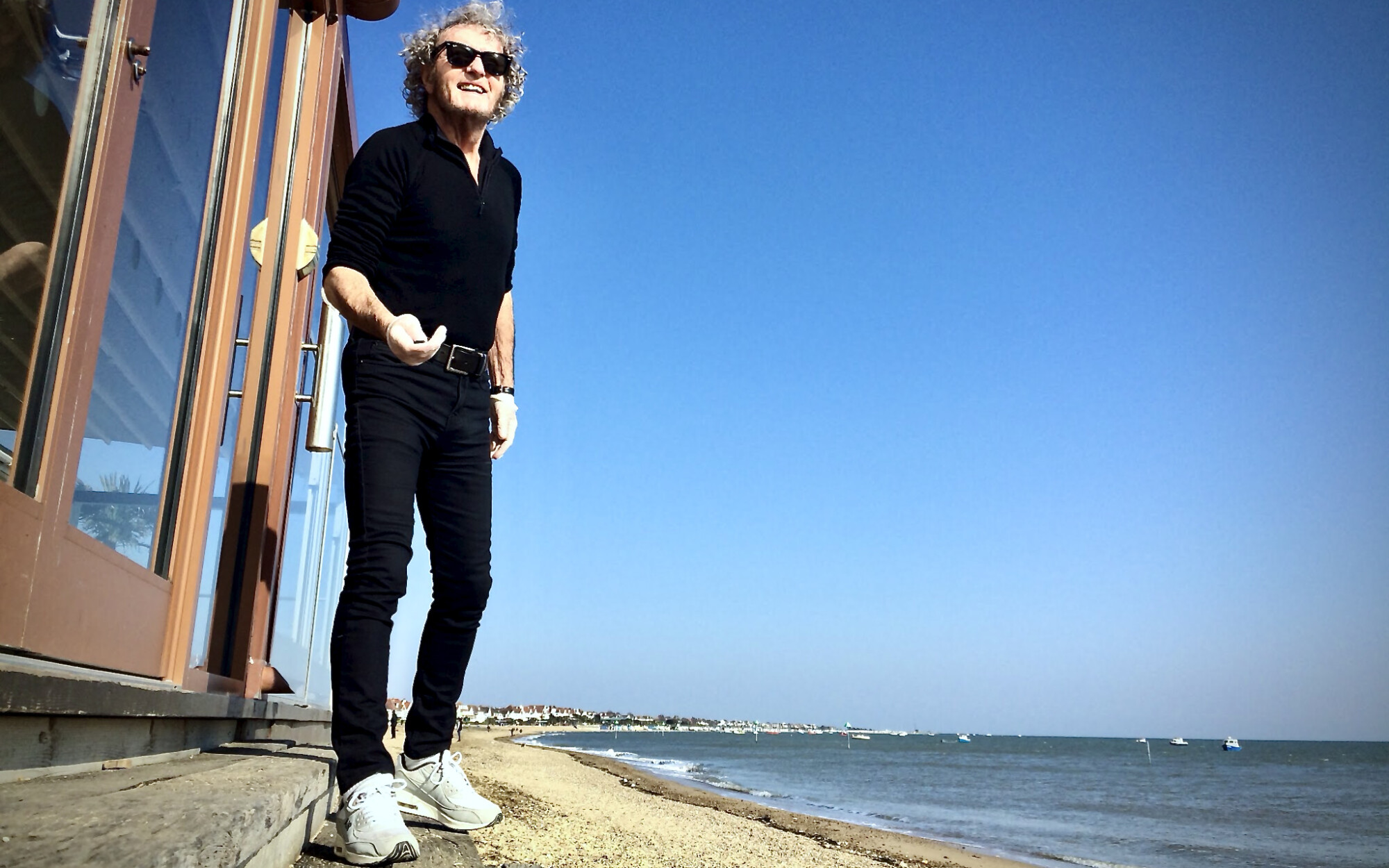
Thank you for taking your time. Last word is yours.
A rather sobering thought occurred to me that other day … “I am the last surviving member of The Pretty Things who played on all the amazing tracks from the EMI Contract years (1967 – 1971)”.
The album, ‘Emotions,’ brought the curtain down on the Fontana recording contract that had seen The Pretty Things through their early years in the record business, but they were unhappy, and were anxious to move on. In 1967, The Pretty Things signed a new recording contract with EMI records, and the five musicians who signed that contract were the newly revitalized (at the time) line-up of: myself, Phil May, Dick Taylor, Jon Povey and Skip Alan.
It is now generally accepted that the years covered by the EMI contract represented the artistic pinnacle of The Pretty Things’ career. We came up with the world’s first psychedelic Rock Opera in ‘S. F. Sorrow,’ and followed that up with the much acclaimed ‘Parachute’ album. There were also some extremely well regarded, original singles, with outstanding A’s & B-sides.
Of the five musicians who signed on the dotted line for EMI, only three of us served the whole term – Dick Taylor left the band after ‘S. F. Sorrow,’ and Skip Alan missed most of ‘S. F. Sorrow,’ but came back later! So there were just three of us who lasted the entire distance: myself, Phil May and Jon Povey. Most of you will know that, of that trio, I am the only surviving member. So that leaves me as the only person alive today, who is uniquely qualified to talk about all the events of that time at EMI from 1967 to 1971.
Klemen Breznikar
Headline photo: Wally Waller in the studio | Credit: Waller’s archive
All photo materials are copyrighted by their respective copyright owners, and are subject to use for INFORMATIONAL PURPOSES ONLY!
Wally Waller Official Website / Facebook / Twitter / Instagram / Bandcamp
Beyond The Pretty Things Facebook
Ex Pretty Things Facebook
Think Like A Key Music Official Website / Facebook / Twitter / Instagram / Bandcamp / YouTube
“Rock St. Trop” – Lenny Helsing in conversation with Wally Waller of The Pretty Things

